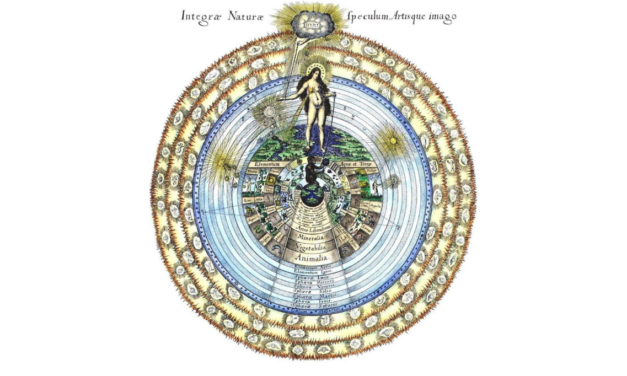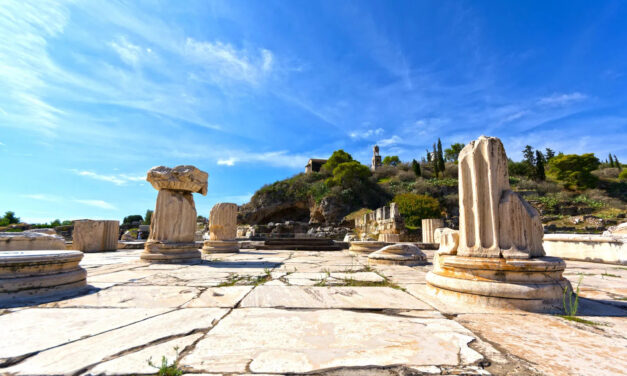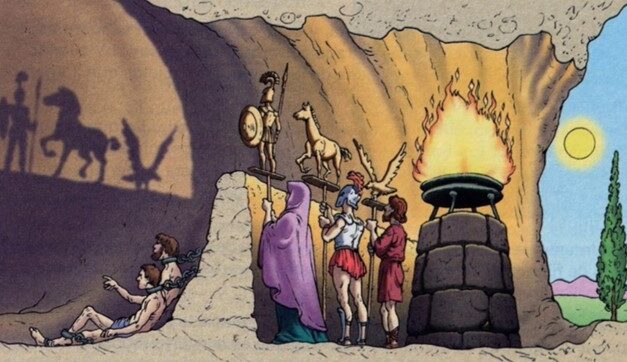Anima Mundi: the Sacred Fire of Renaissance – Part II
The Soul of the World (Greek: Ψυχὴ Κόσμου, Psychè Kósmou, also known in Latin as Anima Mundi) is a philosophical concept used by the Platonists to indicate the vitality of nature in its totality, assimilated to a single living organism. It represents the unifying principle from which the individual organisms take shape, which, although each articulated and differentiated according to its own individual specificities, are nevertheless linked to each other by such a common Universal Soul. The Renaissance, under the impetus of ancient mystery and initiatory schools that had survived the persecutions of the Church for centuries, attempted to reconnect humanity with this Universal Soul.
Read More



